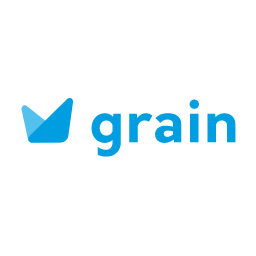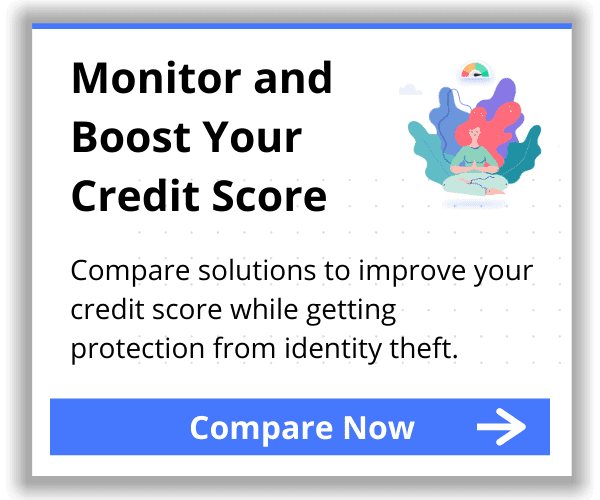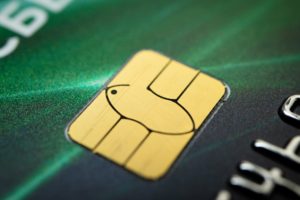Have you ever wonder “what is a credit report?” If at any point you have applied for and gotten a credit or loan facility, obtained a mortgage, or had a credit card, then you most likely have a credit report. But, what is a credit report, and how does it affect you? Does it affect your credit score? What information can you find in your credit report? How can you access your credit report? These questions and more are answered below.
What is a Credit Report and What Information is in One?
Credit reports give a summary of a person’s credit history, inclusive of information such as when you pay your outstanding bills, your total debt, as well as personal information. While many credit bureaus present their credit reports differently, they all contain four categories of information: identifying information, trading lines, credit inquiries, and public records & collections.
Identifying Information: This includes information such as name, social security number, employment status, and date of birth that can be used to identify an individual. Any update to this data are based off data you give lenders.
Trade Lines: This refers to all credit accounts listed against your name. If you have ten credit loans with your bank, all ten would be listed in this section. Your credit report will contain the type of loans you have, the dates you opened the accounts, the loan amount or in case of credit card, your credit limit; the balance on your credit accounts, as well as your payment history.
Credit Inquiries: This section lists every organization that has accessed your credit report in the last 24 months. Every time you apply for a loan or credit card, you are granting authority to access your credit scores.
Public Record and Collections: Credit bureaus also include public records sourced from state and county courts, and collection agencies. Public record information you will find in your credit report include liens, foreclosures, bankruptcies, civil suits, and judgments.
Have no clue what a credit report looks like or been a while you received yours? Click here to get your credit report.
Why is a Credit Report Important?
Many organizations and businesses regularly check your credit report so as to get a grasp of your financial history, especially when you’re applying for financial facilities such as credit cards, loans, and mortgages. It is information in your credit report that tells these institutions if they should grant you your request, as well as the terms on the credit facility should they decide to grant your application. Depending on the nature of a job you’re being considered for, your employer may also check your credit reports as part of the hiring process. Although, you have to grant the employer access with a written permission. Also, it is not unusual for landlords to check your credit reports in other to ascertain if you will be able to pay your bill on time.
Does Your Credit Report Affect Your Credit Score?
All variables that go into computing your credit score come from your credit report. A high credit score simply indicates that the information on your credit report is positive, while a low credit score shows the presence of negative information. See your credit score as a snapshot and summation of your credit report.
How to Get Your Credit Report
Under the terms of the Fair Credit Reporting Act, each of the credit bureaus (the major three being Equifax, Experian, and TransUnion) to send consumers a free copy of their credit report once a year. There is also a federal law that stipulates that consumers be given free access reports if any company denies them credit, insurance, or employment on the basis of their credit report. To get this free report, you must ensure you file for the report within 60 days the adverse decision was taken against you. Lastly, consumers who are unemployed, on welfare, or victims of identity theft are also eligible for a free copy of their credit report.
What Should You Do with Your Credit Report?
It is imperative to review your credit report for accuracy and correctness. First, you want to confirm that you initiated all the accounts listed against your name. If there are accounts against your name that you didn’t initiate, you may have been a victim of identity theft. Also, confirm that all the status on each account is correct. If not, file a dispute with the company and try to resolve things with them as soon as possible. Signing up for credit monitoring software can prevent identity theft before it happens.
Do you suspect something fishy with your credit report? Learn more how to protect yourself using an online tool.










